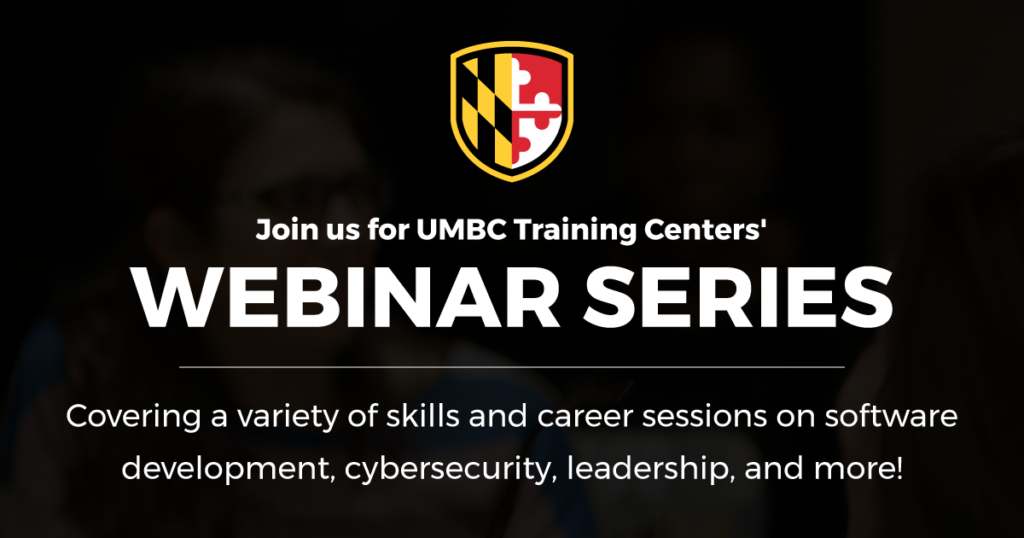Many people stay in a field because they have reached a comfortable salary and benefits package that is hard to sacrifice. This combination can easily persuade a person to deal with the unhappiness, dissatisfaction, or frustrations of their current company or role instead of reaching for a new opportunity. We are here to tell you that you can make a career change without taking a pay cut and you should never have to sacrifice a pay check for your emotional well being.
Almost half of all people will dramatically change their career field at some point during their work history. For some people, this change will certainly entail a reduction in salary. For others, their hourly rate may increase but the number of hours they work will decrease and for others still the changes in salary may be slight. However, much of this depends on what type of career move are you making and what is the reason for it. We always urge people to first decide on the type of job or environment they would love to work in. Then, you can use this guide to help you make the career move you crave without losing the pay you need.
5 Steps To Changing Jobs Without Losing Money
1. Create A Job Dream List
If your main objective is to maintain your existing salary and move into a different field, the best place to start is using Glassdoor’s Salary Discovery Tool to cross check salaries of the jobs you are interested in. Create a list of the job areas that interest you and meet your salary requirements.
You may need to get creative here. For example, if you have been working in a high-paying corporate job but find a calling to help others through education, you may need to look at opportunities to teach at the college level or look for your current role as an administrative position within school districts or colleges. It is highly unlikely that you will meet your salary expectations by seeking work as a an entry-level teacher, so it is necessary to think outside of the box.
2. Focus On Transferable Skills
The key to making any career change is to look at your experience outside of the perspective of your current role. You likely have nurtured a number of key skills in your career that can apply to dozens of other fields. Easily transferable skills include:
- Empathy
- Dependability
- Curiosity
- Detail-Oriented
- Teamwork
- Communication
- Adaptability
- Creativity
- Prioritization
- Organization
- Delegation
This is not a comprehensive list; if you need a more detailed list of skills, Resume Genius offers a great resource.
3. Don’t Skip Your Cover Letter
Since your resume won’t highlight positions in the new field or industry you are pursuing, you need to sell why you are the best fit in a cover letter or CV. View your cover letter as your personal narrative of why you want to make this move and how you have the core skills needed to perform the work effectively. Also, use this space to lean in on your transferable skills.
4. Position Your Resume
While you don’t have the exact experience, be sure to find the common threads in your experience and what the job post requires. When you find those threads, add them to your resume with the same language used in the posting to clearly articulate the connection. These connections will likely be related to soft skills such as leadership, time management, attention to detail, etc.
5. Fill In The Experience Gaps
Are there clear deficiencies between the skills your resume portrays and what the job post requires? It is important to highlight these and find a way to close the gap. This could mean building out the education portion of your resume to reflect coursework related to those skill areas. It could also mean leaning on volunteer work that aligns. Don’t be afraid to find creative ways to showcase you have exactly what it takes to be successful in this role.
Are You Considering A Career Move?
We’d love to discuss our career transition programs so you can find a career you love. Just submit the form below to get started:

